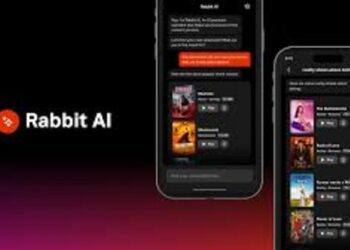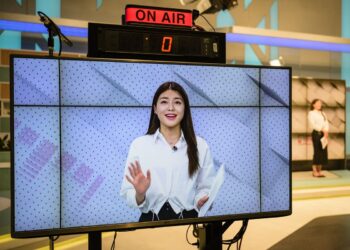On Wednesday, Meta Platforms unveiled its latest open-source Artificial Intelligence tool, AudioCraft. AudioCraft helps to empower users to make audio and music based on text prompts.
This AI tool includes three models. These models include AudioGen, EnCodec, and MusicGen, each tailored for music, sound, compression, and generation, as specified by Meta.
AudioCraft
MusicGen is capable of generating music using text inputs, and it underwent training on a dataset of Meta-owned or licensed 20,000 hours of music for this purpose. On the other hand, AudioGen produces audio from text prompts, simulating sounds such as footsteps or barking dogs, and publicly available sound effects. Moreover, Meta enhanced their EnCodec decoder to help users to generate sounds with reduced artifacts, a common occurrence when audio manipulation is excessive.
The company allowed the media to listen to AudioCraft sampled audio. The generated sounds from humming, whistling, and sirens were remarkably natural. However, even though the guitar strings in the songs sounded authentic, they still retained a somewhat artificial quality.
MusicGen, which powers part of AudioCraft, was trained using music owned by the company and specifically licensed for this purpose.
Currently, AudioCraft appears more suitable for elevator songs or stock songs to enhance ambiance rather than creating the next big pop hit. Nonetheless, Meta is confident that this new AI model has the potential to revolutionize the music industry. The company believes that open-sourcing AudioCraft is crucial to diversify the data used in its training and unlock its full potential.
AI in Music
Alphabet Inc (GOOGL.O) unveiled its experimental audio-generating AI tool, MusicLM, earlier this year. This tool can generate minutes of audio based on text prompts, but currently, it is limited to researchers’ access. However, an “AI-generated” song featuring the voice likeness of Drake and The Weeknd gained widespread attention before being removed.
Artists and industry experts have raised copyright concerns due to the nature of machine learning software, which relies on identifying and mimicking patterns found in data scraped from the internet.
More recently, musicians like Grimes have been encouraging people to incorporate their voices into AI-created songs.
The featured image is from reuters.com







